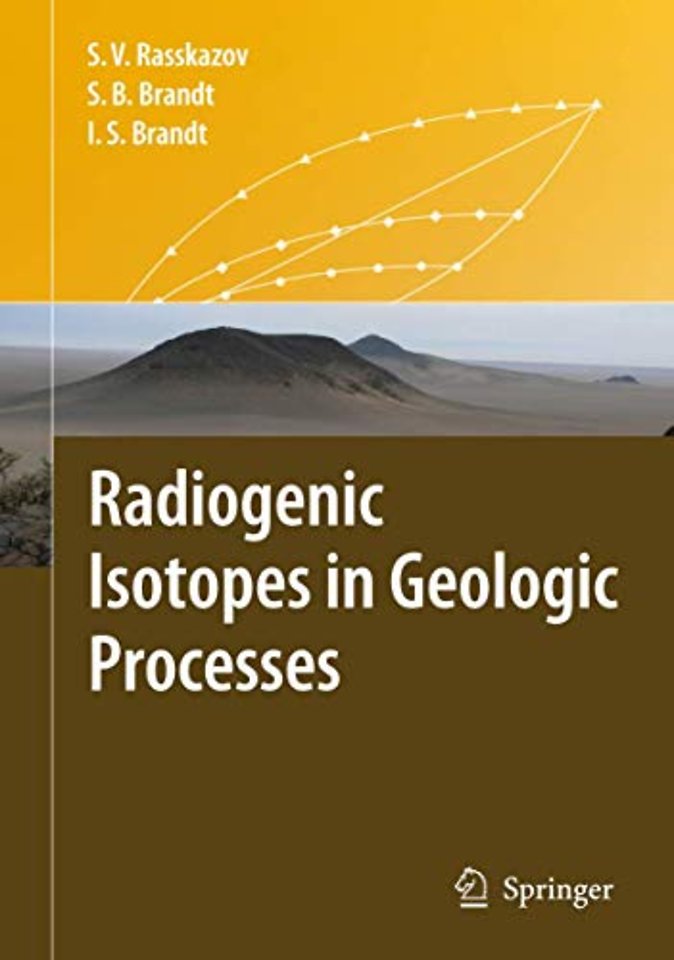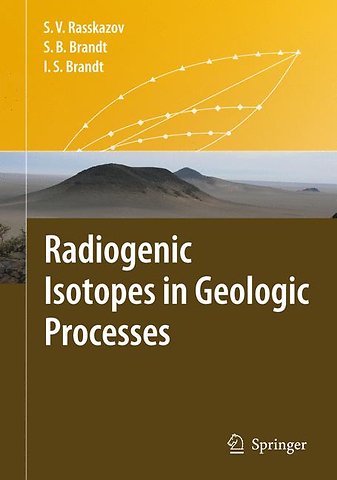Radiogenic Isotopes in Geologic Processes
Samenvatting
Do we actually understand geologic processes? New technology brings new inf- mation and perceptions, which sometimes overturn imaginations based on simple observation and estimation, in conjunction with common sense inference. In 1902– 1904,PierreCurieandErnestRutherford?rstformulatedtheideaofusingradioactive transformation of nuclides as a geologic chronometer. After a century of working with such tools, geology has advanced from a descriptive science to an analytic s- encethatformulatesconclusionsbasedonexactvalues.Thetechnologyofradiogenic isotope geology has created a branch of science that considers the Earth as a planet generated within a Solar system and studies the subsequent evolution of geologic processes that has resulted in the present formation of our planet’s continents and oceans. The physicist Vitaly Ginsburg, Nobel Prize laureate, wrote recently: “If Kepler had been given information on orbital parameters of planets with modern precision, he would not have been able to formulate his laws”. Indeed, after development of laws of celestial mechanics, methods of measurements became so advanced and such numerous secondary distortion effects were found that to describe an orbit of a cosmic body by a curve of the second order would appear impossible. But it does not mean that Kepler’s laws are “cancelled”; they still occupy an honorable place in courses on celestial mechanics. A reasonable division into basic and secondary phenomena is accepted and the latter are entered as variations in the basic equations.

